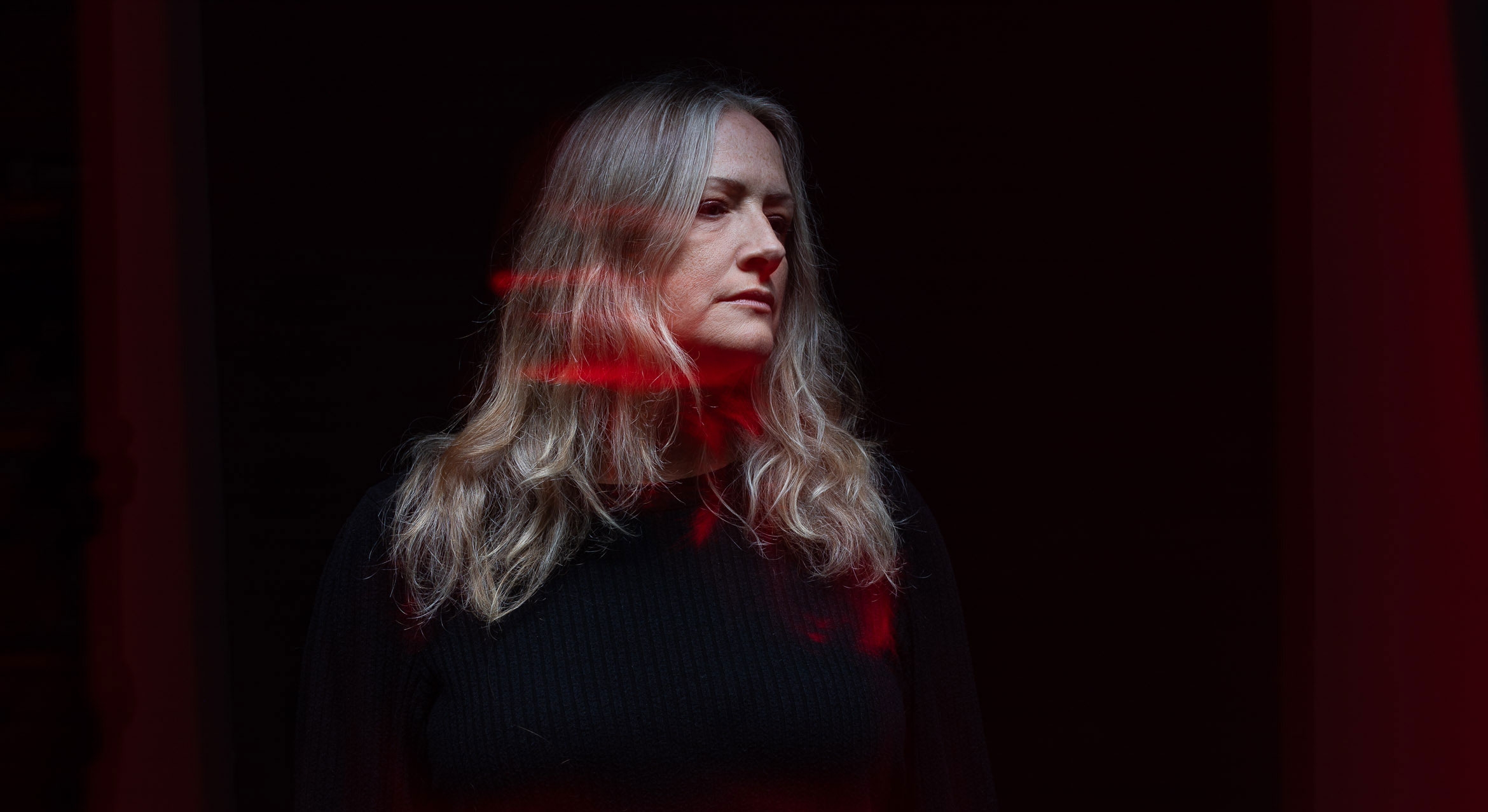
‘Ghosts in the Machine’
The idea that so-called races reflect inherent biological differences between social groups has been a prominent aspect of Western thought since at least the Enlightenment.
While this way of thinking has occasionally been refuted — most notably, in the social construction thesis that emerged as a dominant framework in the aftermath of World War II — fixed biological conceptions of race haunt new genetic technologies, where race is thought to be measurable at the molecular level.
Yet, the resilience of this naturalized understanding of race may stem less from overtly political or pernicious motives on the part of scientists and more from our inherited theological traditions that continue to shape and direct scientific reasoning.
In this year’s Harold J. Plous Lecture at UC Santa Barbara, Plous Award recipient Terence Keel, an associate professor of history and of Black studies, argues that the enduring belief that race comes from “Nature” reflects the haunting of influence of Christian intellectual history on the development of modern scientific thinking about human ancestry.
Keel’s talk, “Ghosts in the Machine: How Christianity Haunts the Biological Sciences” will begin at 4 p.m. Thursday, May 10, in the campus’s Corwin Pavilion. It is free and open to the public.
An interdisciplinary scholar who holds appointments in UCSB’s Black studies and religious studies departments, Keel earned his Ph.D. from Harvard University. His areas of expertise include the history of science and African American history, as well as science and technology studies. He has written widely about the history of racism and its connections to the modern biological sciences, religious intellectual history, law, medicine and public health.
Keel’s book “Divine Variations” (Stanford University Press, 2018) is a study of how Christian thought facilitated the development of scientific racism and shaped the epistemic commitments of the modern study of human biodiversity. He is the recipient of numerous honors and awards for his research, including from the National Science Foundation, the Social Science Research Council and the UC Office of the President.
Keel is an affiliate of the newly formed Center for the Study of Racism, Social Justice & Health under the directorship of Chandra Ford of UCLA Fielding School of Public Health. He also is co-editor of the fall 2017 special issue of the American Journal of Law and Medicine.
In addition to his scholarly work, Keel is a senior advisor to the Goldin Institute, a Chicago-based non-profit organization that advocates globally for grassroots leadership, conflict resolution, poverty alleviation and environmental justice.
The Harold J. Plous Award is one of the university’s most prestigious faculty honors. It is given annually to an assistant professor from the humanities, social sciences or natural sciences who has shown exceptional achievement in research, teaching and service to the university. Presented by the College of Letters and Science, the award was established in 1957 to honor the memory of Harold J. Plous, an assistant professor of economics.



